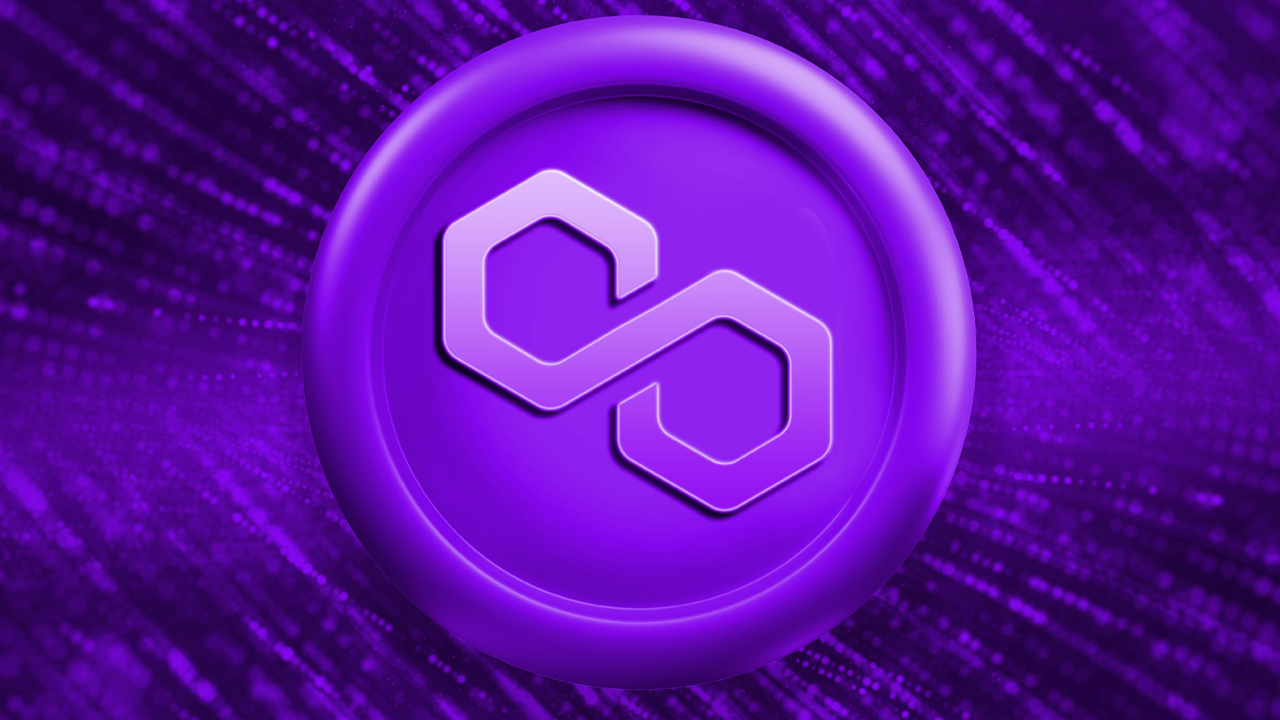Polygon Labs, the company behind Polygon (MATIC), has announced its plans to introduce a new governance proposal called PIP-29 and establish a Protocol Council. The Protocol Council, consisting of 13 members, will be responsible for overseeing smart contract updates on Polygon.
Members of the Protocol Council
Polygon Labs, the company behind Polygon (MATIC), the 12th largest altcoin, has introduced PIP-29, a proposal to create a Protocol Council to guide changes in smart contracts. The Protocol Council, consisting of 13 members, will be responsible for overseeing changes to Polygon’s system-level smart contracts. The governance proposal indicates that prominent figures and organizations in the industry will be part of the Protocol Council.

The architecture of Polygon places great importance on the upgradability of smart contracts. Therefore, the Protocol Council aims to play a crucial role in both the security and smooth transition to updated versions.
The proposed list of council members includes prominent names and organizations such as on-chain analyst ZachXBT, Polygon’s Chief Security Officer Mudit Gupta, Coinbase’s Protocol Operations Lead Viktor Bunin, Sommelier Finance founder Zaki Manian, The Daily Gwei host Anthony Sassano, Ethereum Foundation Researcher Justin Drake, Polygon zkEVM co-founder Jordi Baylina, Ethereum France President Jerome de Tychey, Least Authority CEO Liz Steininger, on-chain risk auditor Gauntlet, and data provider L2Beat.
Role of the Protocol Council
The Protocol Council will be responsible for overseeing time-locked changes in both existing and future smart contracts on the Ethereum network, including the Polygon 2.0 upgrade. Due to the expected release of the Polygon 2.0 upgrade in the first half of 2024, the Protocol Council will have a significant task.
For regular changes in Polygon’s smart contracts, there will be a 10-day time lock period among council members, with at least 7 approvals required. In case of an emergency change, at least 10 approvals will be required without a time lock. The governance proposal emphasizes that the procedures for such changes will be in line with the framework specified in Polygon improvement proposals and will be transparent. Therefore, it should be noted that the governance mechanism will operate independently from the existing community-led governance based on on-chain voting.

 Türkçe
Türkçe Español
Español









